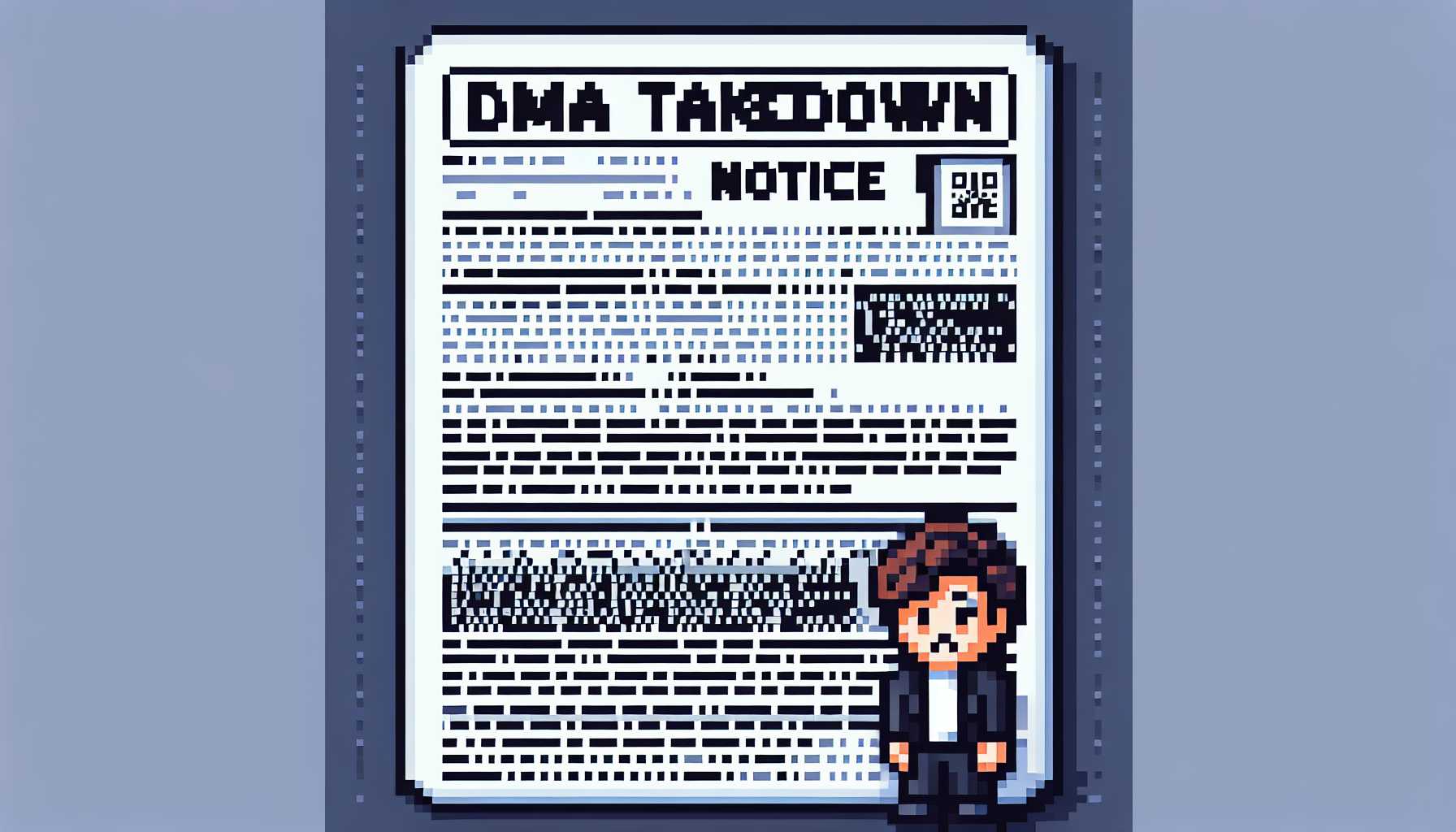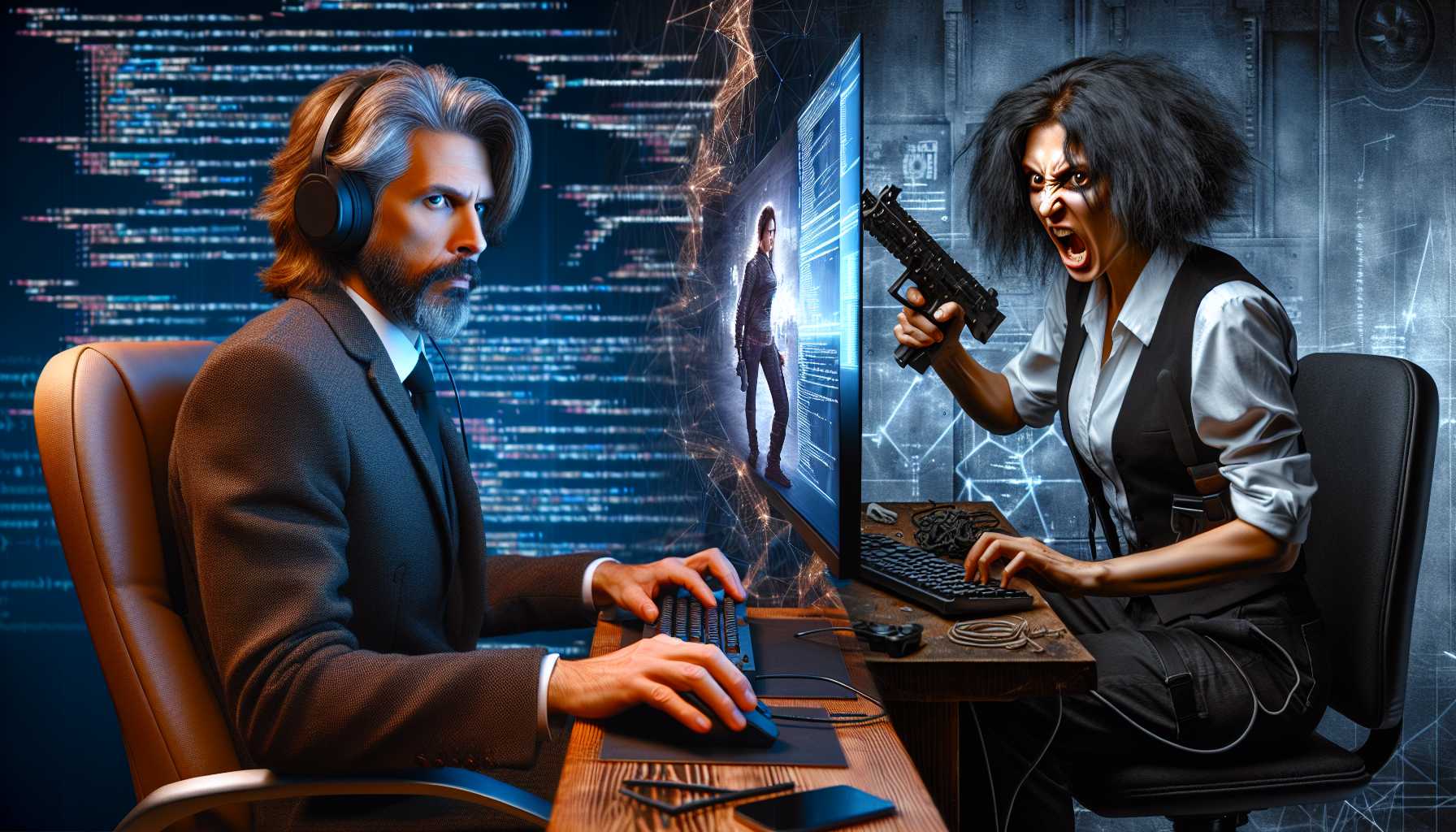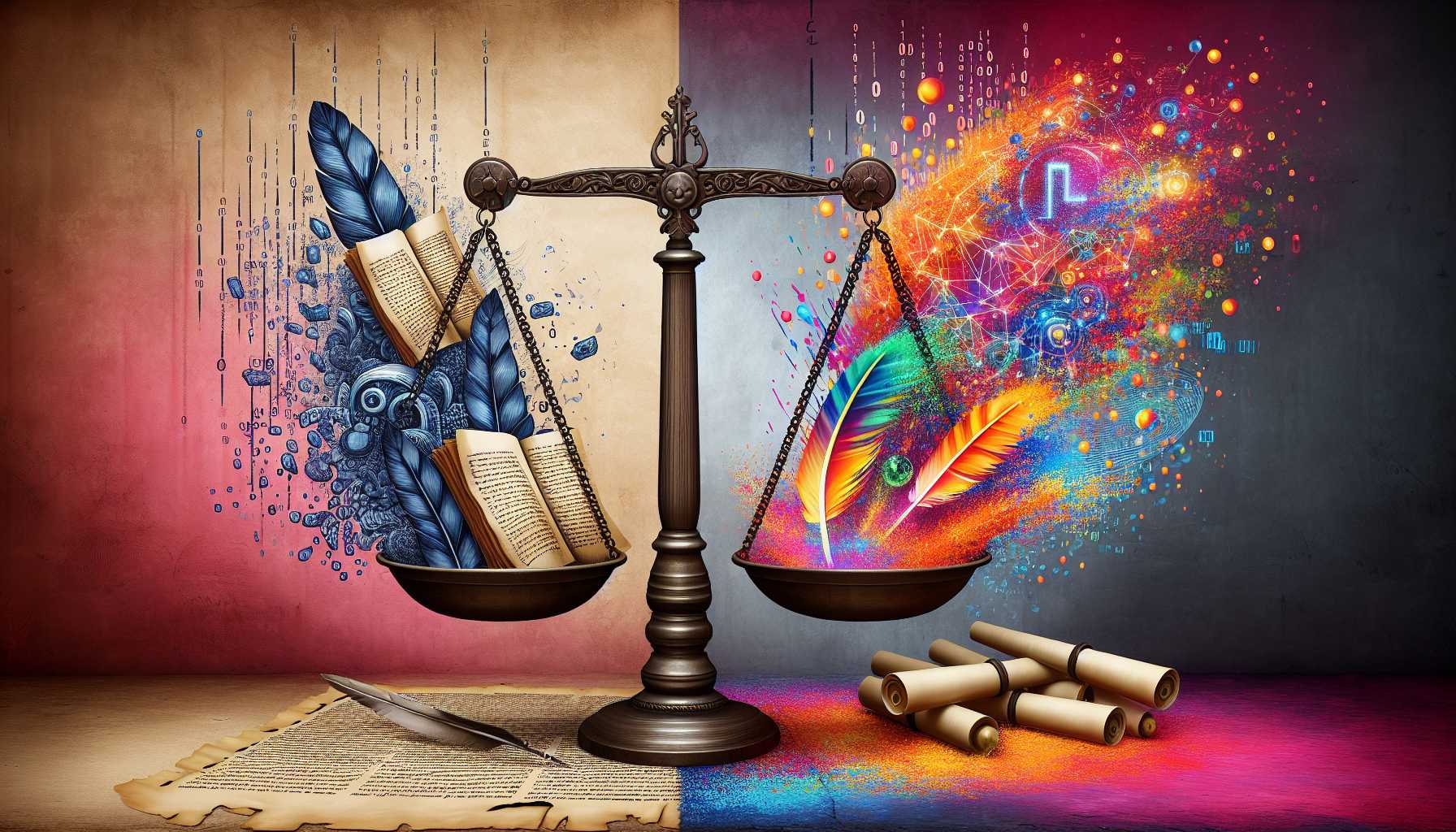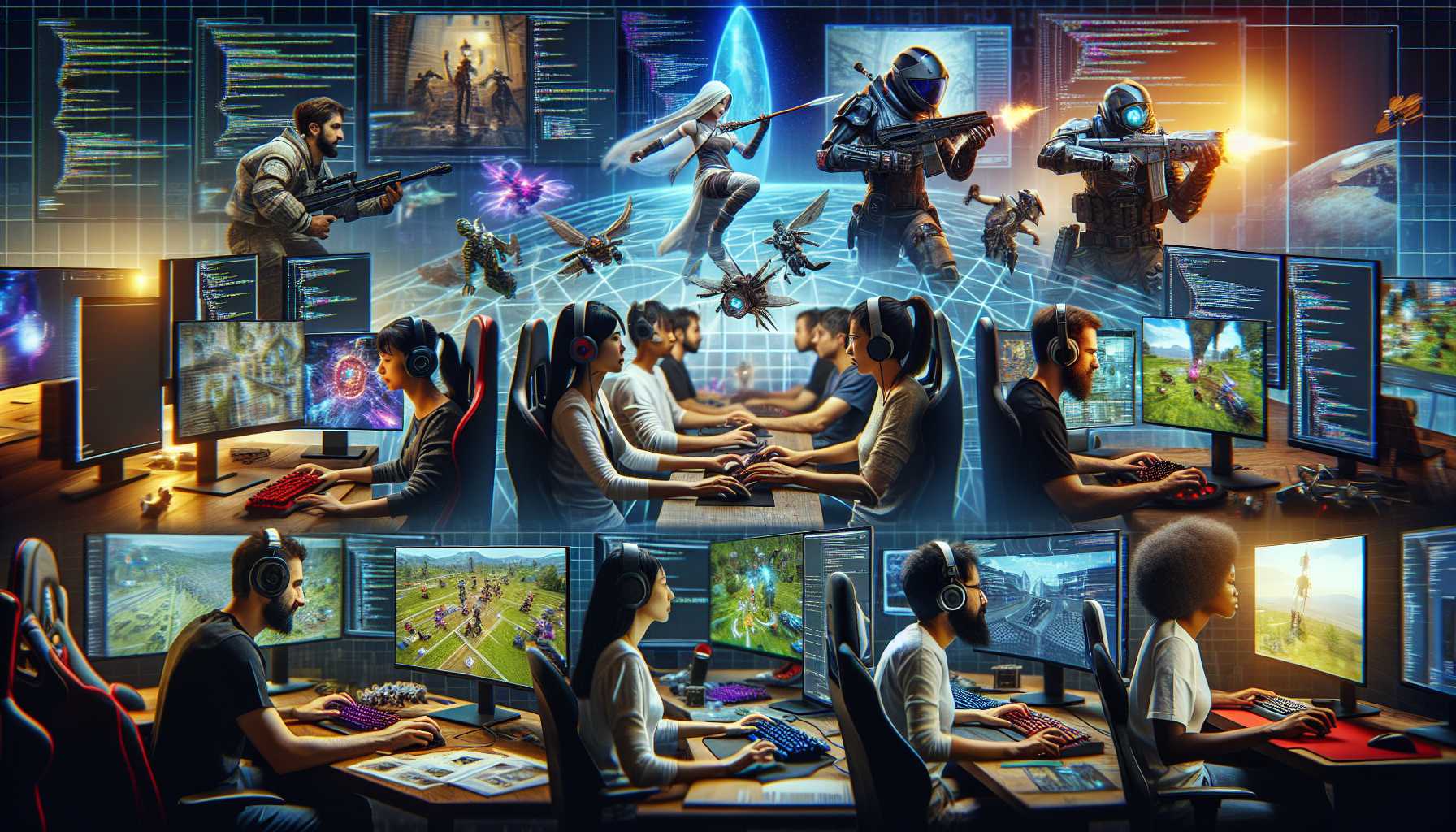Digital Rights, Copyright Laws, and Modding Communities Collide in the Curious Case of Garry’s Mod
Digital rights, copyright laws, and modding communities collide in the curious case of Garry’s Mod vis-à-vis Nintendo’s iron-fisted DMCA maneuvers. In a saga that could pen its own gaming lore, Garry’s Mod creator Garry Newman finds himself at the epicenter of a copyright crisis, navigating uncharted waters of legal quandaries and online detective work.
As a fervent advocate of tech innovation and a bit of a gaming aficionado myself, this narrative not only piqued my curiosity but beckoned a deeper dive into the technicalities and implications for modders and game developers alike. Buckle up, readers, for a pixelated mystery tour of copyright laws in the interactive era.
Chapter 1: The Melee Begins
In a scenario reminiscent of gamers encountering an unexpected boss fight, Garry Newman faced his own big baddie in the form of a DMCA takedown notice apparently dispatched by none other than gaming giant Nintendo. What’s at stake here? A plethora of Nintendo-themed content painstakingly crafted by Garry’s Mod’s dedicated modding community.
Newman’s disclosure on Steam that these takedowns are no error but rather Nintendo sanctioned decrees marks a major plot twist for the platform’s vast creation inventory. As a tech connoisseur, I can’t help but notice the delicate balance between intellectual property rights and community-driven content creation.
On one card, we have Nintendo, fiercely guarding its iconic characters and game environments. On the reverse, swathes of passionate modders whose tributes to the gaming juggernaut now hang in limbo.
Chapter 2: The Mystery of Aaron Peters
Now enter Aaron Peters, an enigmatic figure dubbed a notorious “Troll,” who has seeped into the Nintendo DMCA narrative. With multiple posts attributing the takedowns to Peters rather than Nintendo, one must ponder the authenticity of this DMCA drama.
The Reddit threads are rife with theories and speculation—a veritable whodunnit in the digital realm. It’s like watching the gaming community play detective, except instead of solving puzzles to defeat the end-level boss, they’re dissecting email domains and legal jargon.
As someone with a vested interest in the harmonious symbiosis of tech innovation and copyright law, I’m both amused by the sleuthing and concerned about the potential misuse of DMCA claims.
Chapter 3: Cut! Take Nintendo Down
Russell Crowe’s dalliance with dual identities in horror aside, we have Newman’s own Jekyll and Hyde moment over on Twitter. His request for clarity from those crying “fake” on the DMCA notices showcases an exasperation mirrored in communities which have spent years building, layer upon intricate layer, a personalized gaming landscape now under threat of digital extinction.
As a tech insider who’s watched the rapid pivot to community-driven content, I can’t ignore the sense of ownership gamers feel over their virtual environments. Like the cursed movies of Hollywood history, could Garry’s Mod become a legendary tale of almost-supernatural takedowns?
Chapter 4: Looking for Answers in the Code
While the jury (or should I say the gaming council) is still out on whether Nintendo truly swung the DMCA hammer, Newman urges the community to hit delete on their cherished Nintendo-themed mods. This request makes one thing crystal clear: the shadow of corporate-owned content is long and fraught with complexities.
But it also raises a fundamental question about the nature of modding as a subculture and creative outlet within tech. Independent from the courtroom and cease-and-desist letters, the organic culture of game modding thrives on sharing, collaboration, and the occasional wink at copyright boundaries—elements that corporate decision-makers often overlook.
The tech industry must reflect on whether the laws on the books keep pace with the digital creative enterprise’s evolution.
Chapter 5: The Teardown and the Buildup
With a 20-year history to sift through, the arduous task of purging Nintendo content from Garry’s Mod’s archives is well underway, a sobering testament to the entangled web of creativity and copyright. Nonetheless, for those of us entrenched in the tech and gaming fields, these events serve as a critical learning opportunity—a workshop for understanding the modern digitized landscape, where virtual Legos meet stringent legal frameworks.
We must not allow this incident to dismantle the creative spirit that underpins modding culture. Instead, let it be a catalyst for innovation within the industry and a rallying cry for sensible copyright reform that respects both creators’ intellectual property and community-driven content.
In this quest for harmony between law and creativity, here’s to hoping that our beloved modding communities don’t succumb to a virtual exorcism at the hands of copyright law. Instead, let’s work toward advancing an ecosystem where developers, gamers, and tech enthusiasts can coexist and thrive.
The saga of Garry’s Mod vs. The Big N may not be over yet, but it’s certain that the debate it has sparked will continue to reverberate throughout the pixelated corridors of the gaming world.





